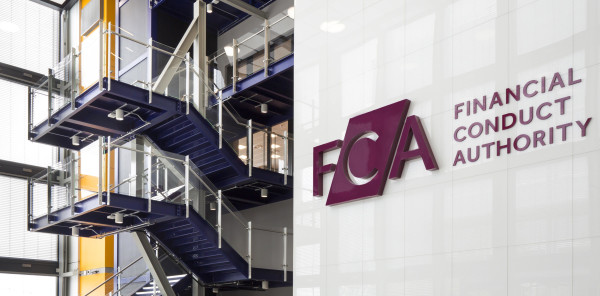

More than two in three members who were charged on a contingent basis ended up transferring their defined benefit pension, figures have shown.
Data from the Financial Conduct Authority, obtained by LCP through a Freedom of Information request, showed there was a “significant” correlation between the adviser charging structure and the extent to which those who seek DB transfer advice ended up transferring out.
It found firms that only used a contingent charging structure on their DB advice saw a 68.25 per cent average conversion rate - the number of clients who were advised to transfer from the total number of clients advised.
This compared to a 27.97 per cent conversion rate for firms who used a non-contingent charging structure.
Contingent charging means a client only pays for the advice if they go ahead with a transfer.
According to the FCA, the number of firms charging fully contingently was 641, compared to 373 which charged non-contingently. There were 335 firms which were excluded as they used a mix of charging structures.
Jonathan Camfield, partner at LCP, said: “For the first time, we can see the dramatic difference between advisers who charged on a contingent basis and those who did not.
"More than two in three members who were being charged on a contingent basis ended up transferring compared with less than one in three where the adviser was charging on a non-contingent basis.
“This is the strongest evidence to date of the potential for bias when an adviser gets paid more if a transfer goes ahead. Yet the FCA allowed contingent charging to continue long after concerns were raised by the select committee and others.
“It is vitally important that the interests of the member and the adviser are in alignment and it would appear that on too many occasions in the past this was not the case”.
In October 2020, a ban on contingent charging came into effect with a view to remove the conflicts of interest which arise when an adviser only gets paid if a transfer goes ahead.
Only consumers with certain identifiable circumstances, such as those suffering from serious ill-health or experiencing serious financial hardship, are exempt.
A ban on contingent charging was first called for in February 2018, when the work and pensions committee under Frank Field published a report on the matter.
In response the FCA said it would keep the matter under review saying “causal link between contingent charging and suitability is difficult to prove”.
In April 2019, Field pushed the regulator again and sent a letter to Andrew Bailey, the then chief executive.
The letter stated that “much of the evidence linked contingent charging to unsuitable advice and bad outcomes”.
Earlier this year, data from the FCA showed the number of active firms in the pension transfer market had declined from 2,426 firms in 2015-18 to 1,310 firms in 2018-20.
But there were 103 (6 per cent) new entrants to the market. Overall, the regulator said there were currently 1,521 firms with DB transfer advice permissions.
The City watchdog is expected to continue reviewing firms’ DB advice until at least spring 2022.
amy.austin@ft.com
What do you think about the issues raised by this story? Email us on FTAletters@ft.com to let us know



